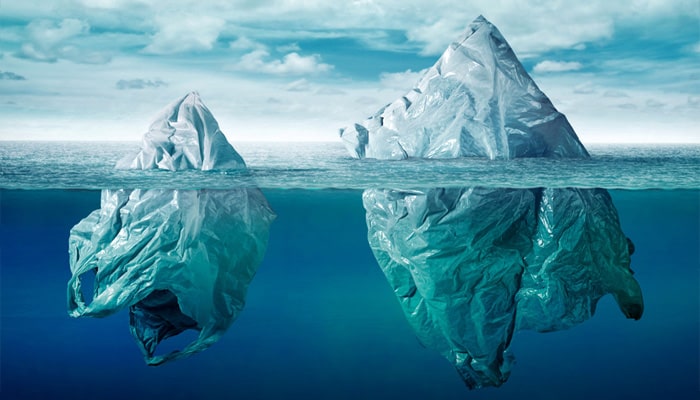Who Says We Don’t Care About Marine Pollution?

Marine pollution is an emerging concern for the shipping industry. Pollution comes in the form of waste, garbage, plastics, lube oil, heavy oil, crude oil, recycling of ships, etc.
International Maritime Organization the Marine arm of the United Nations has come out with various rules and regulations to protect the world’s oceans.
Over 90% of the world’s trade takes place by the sea and there are approximately 90,000 ships and marine crafts operating in the world. That is a huge number. Hence it is important to ensure that the world’s oceans are not polluted.
International Maritime Organization (IMO) the marine arm of the United Nations has organized the international convention for pollution from ships. The first convention was held in 1973. MARPOL is the main international convention for pollution from the ships or marine craft of the marine environment. MARPOL has six annexes regarding pollution. MARPOL has undergone amendments over the years. MARPOL aims to prevent or minimize pollution from ships, both accidental pollution and that from routine operations.
To see that the shipping industry, worldwide abides by the law of the United Nations, MARPOL and MEPC (Marine Environmental Protection Committee) have been formed.

With the acceptance of the Hong Kong International Convention of safe recycling of ships in May 2009 a significant improvement in Ship’s recycling and waste management has been observed. Ratification of MARPOL’s six annexes by member countries has led to significant improvement as regards pollution from ships.
Waste and Garbage generated onboard the ships which contribute to Marine Pollution comprise chiefly of Plastics, dunnage, packing material, cleaning material, rags, paper products, food waste, remains of paints, solvents, and chemicals. Ship owners should encourage the personnel on board the ship to reduce wastage and ensure safe handling. The Garbage should be disposed off to proper reception facilities ashore. Items such as plastic, metals, glasses, batteries, medical wastes, oily rags, sludge, waste oil cannot be disposed off at sea. Where laws permit, they should be incinerated on board.
Food waste can cut into small pieces and disposed of at sea. However, according to MARPOL food waste cannot be discharged close to land.
Oily water generated on board in Ship’s machinery spaces should be treated before sending overboard. The oily water should be routed through the ship’s oily water separator to ensure that the oil content in the water discharged overboard does not exceed 15 parts per million (PPM).
Large amounts of food waste are generated by Cruise ships. Proper steps should be taken to minimize the food waste from the ships. Plastic bags should be replaced with Bio-degradable bags.
The oily water discharged from the tank washings of oil tankers should be routed through ODME (Oil Discharge and Monitoring Equipment) to minimize the discharge of oil present in oil tanks to the sea.

Thousands of tons of oil have polluted the seas through oil tanker accidents and grounding. Such colossal discharge of crude oil has badly affected the marine environment and damaged the ecology of the coastlines by the washing away of the crude ashore. To minimize this problem the IMO has come out with a double hull for tankers as compared to a single hull originally.
Another area of concern on a smaller scale is the discharge of lube oil into the sea. The discharge of lube oil into the sea comes from the stern of the ship. To minimize the damage many lube oil manufacturers have produced environmentally safe lube oil for the stern tube.
Adoption of waste recycling and reduction techniques by ship managers and training and implementation of same by shipboard personnel will go a long way in minimizing the problem.
We at Constellation have a long track to oversee the
pollution aspects of the ship.
We are authorized to work as safety officers on board ships
on behalf of the Dubai Maritime Authority.
This is where Constellation Marine Services LLC come
in. With over 25000 nominations and a good track record
for the last 13 years, Constellation is well placed to do
the above inspections and surveys efficiently and effectively.
With a satisfied clientele and a name in the industry, we
can achieve greater milestones in the years to come.
At constellation Marine services, we are committed to offer
our clients bespoke solutions and services to any requirement,
through its propriety offices located all across the UAE,
and its knowledge and expertise of its staff which is second
to none.


